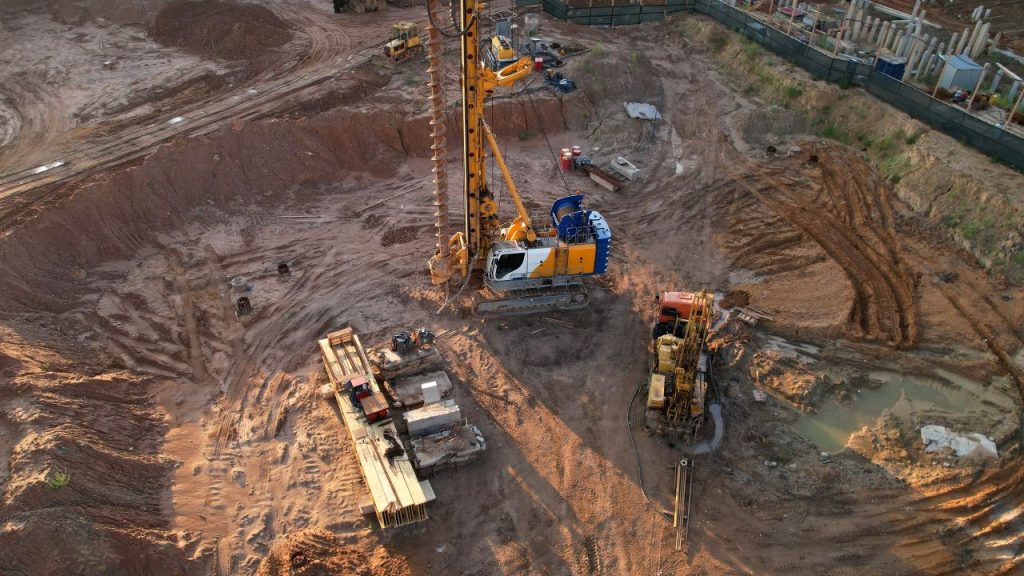4 Easy Facts About Consulting Engineers Explained
4 Easy Facts About Consulting Engineers Explained
Blog Article
Unknown Facts About Consulting Engineers
Table of Contents4 Easy Facts About Consulting Engineers ExplainedConsulting Engineers Things To Know Before You Get ThisConsulting Engineers Fundamentals ExplainedFascination About Consulting EngineersSome Known Questions About Consulting Engineers.The Ultimate Guide To Consulting Engineers
To supply the very best experiences, we utilize modern technologies like cookies to store and/or accessibility gadget info. Granting these modern technologies will certainly enable us to refine information such as searching actions or distinct IDs on this site. Not consenting or withdrawing consent, may detrimentally impact certain functions and functions. The technological storage or access is purely required for the legitimate purpose of allowing making use of a certain service clearly asked for by the subscriber or individual, or for the single function of accomplishing the transmission of a communication over an electronic communications network.They conduct website examinations, accumulate samples, execute laboratory tests, and evaluate data to assess the suitability of the ground for building and construction jobs. Based upon their findings, geotechnical engineers give referrals for foundation design, incline security, maintaining structures, and mitigation of geotechnical risks. Consulting Engineers. They team up with various other experts, such as engineers, structural designers, and building teams, to guarantee that geotechnical considerations are incorporated right into the total task layout and implementation
The 4-Minute Rule for Consulting Engineers
They translate the information to recognize the residential properties and actions of the dirt and rock, including their strength, permeability, compaction attributes, and groundwater problems. Geotechnical Analysis and Style: Geotechnical engineers examine the data accumulated during website investigations to evaluate the security and viability of the website for construction projects. They carry out geotechnical computations and modeling to review factors such as birthing capability, negotiation, slope security, lateral earth pressures, and groundwater flow.
Foundation Layout: Geotechnical designers play an important role in designing foundations that can safely support the designated structure. They evaluate the soil problems and tons requirements to figure out the ideal structure kind, such as shallow foundations (e.g., grounds), deep foundations (e.g., heaps), or specialized techniques like soil improvement. They consider aspects such as negotiation limitations, bearing ability, and soil-structure communication to establish optimal foundation designs.
Here are some types of geotechnical engineers: Foundation Designer: Foundation engineers specialize in making and examining foundations for structures. They examine the dirt problems, load requirements, and site features to identify the most appropriate structure type and design, such as superficial structures, deep structures, or specialized strategies like stack structures.
Some Known Facts About Consulting Engineers.

In the workplace atmosphere, geotechnical designers utilize specialized software devices to do calculations, create layouts, and examine data. They prepare records, testimonial job requirements, communicate with clients and employee, and coordinate task tasks. The workplace setup provides a conducive atmosphere for research, evaluation, and cooperation with various other experts associated with the task.
They frequently check out job websites to conduct website investigations, examine geotechnical problems, and gather information for evaluation. These check outs include taking a trip to different locations, often in remote or challenging surfaces. Geotechnical designers might carry out dirt tasting, conduct examinations, and display building and construction activities to make sure that the geotechnical aspects of the project are being executed appropriately.
4 Easy Facts About Consulting Engineers Shown

The procedure is done through geotechnical investigation. It gives have a peek at these guys info on the physical residential or commercial properties of dirt earthworks for suggested structures and for the repair of distress to earthworks that are caused by subsurface problems.
The Only Guide for Consulting Engineers
This details can be made use of for a great deal more. Keep analysis as we note down the numerous functions of geotechnical investigations and why it is essential in geotechnical design. Geotechnical site examination is vital in the construction procedure since it intends to understand and provide information on the site's subsurface problems.

These include the groundwater problems, engineering problems, kinds of dirts or rock, and determining the thermal resistivity of dirts. Such problems determine several elements, consisting of just how expensive the building task will certainly be, what type of structure is called for, exactly how the framework will certainly be built, etc. No matter the kind of building and construction being done, whether a residence, pipeline, or a huge mall, a geotechnical investigation must be executed.
The Main Principles Of Consulting Engineers
They are: This is where geotechnical design takes place to understand the area's geology. All in all, it is done to assess the physical problems of the dirt.
Once this is done, the designers will work with the client to see what sort of building and construction they need. This is normally where they make try this site use of borings or borings to get soil samples. Relying on the client's requirements, these examples might likewise get checked in labs. Apart from this, the designers will certainly also aesthetically examine the dirt for rock and water.
Once engineers have actually conducted their investigation, they will need to create proposed solutions. Recognizing subsurface conditions before the building of the site is crucial to ensure that the framework is developed safely go to website and can be properly sustained.
Report this page